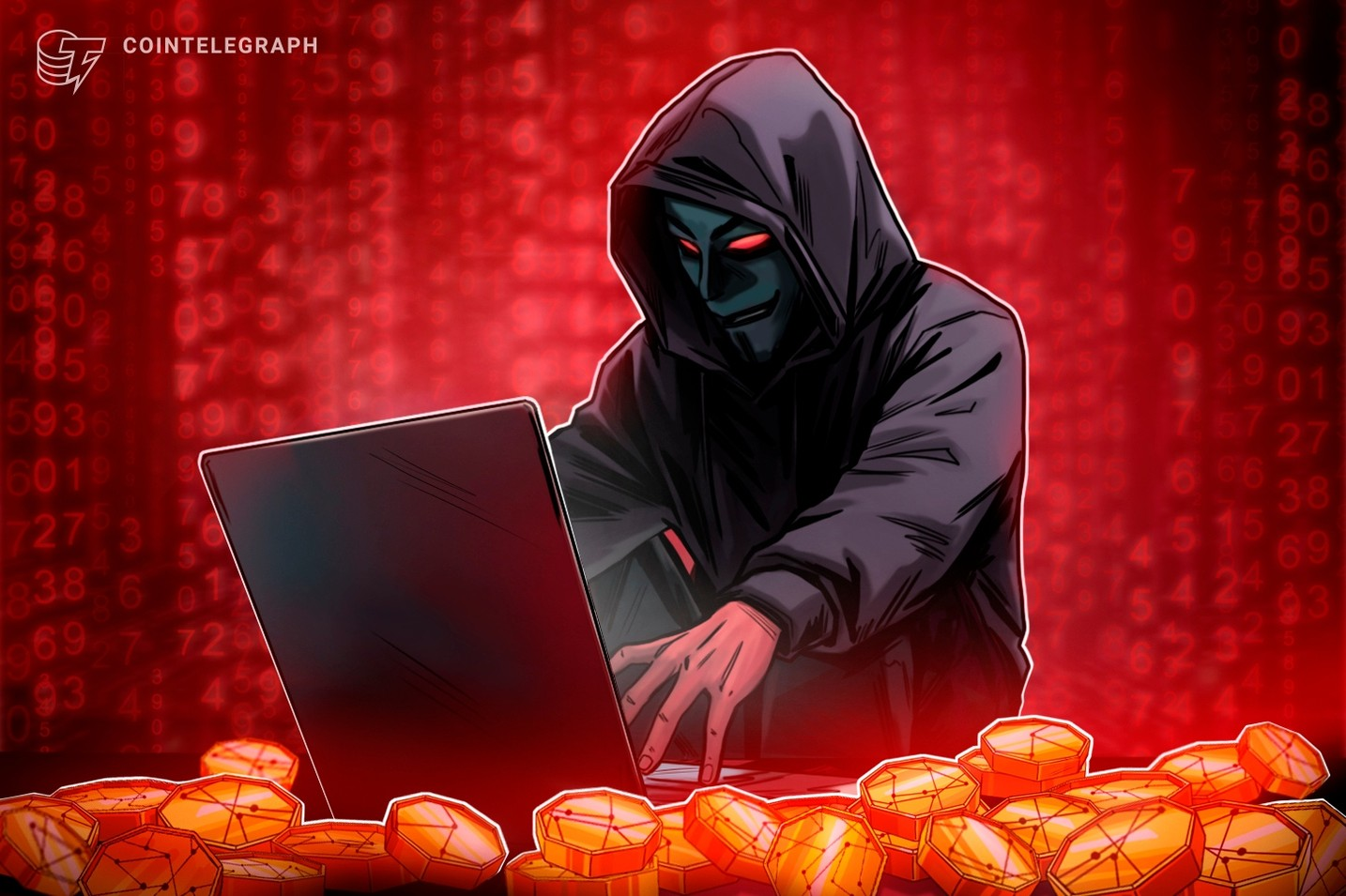
Beware of ‘cracked’ TradingView — it’s a crypto-stealing trojan
Key Points
- Cybersecurity firm Malwarebytes has identified a new crypto-stealing malware within a "cracked" version of TradingView Premium, targeting crypto traders on Reddit.
- The malware, disguised as free software, contains two harmful programs: Lumma Stealer and Atomic Stealer, which aim to steal personal data and drain cryptocurrency wallets.
- Scammers actively engage with victims, helping them download and troubleshoot issues with the malware-laden software.
- The fraudulent software is hosted on a website linked to a Dubai cleaning company, with command and control servers registered in Russia.
Summary
Cybersecurity experts from Malwarebytes have uncovered a sophisticated scam involving a "cracked" version of TradingView Premium, a popular tool for financial market analysis. This version, promoted as free on Reddit, is actually embedded with malware designed to steal cryptocurrency and personal information. The malware includes Lumma Stealer, known for targeting crypto wallets and 2FA extensions, and Atomic Stealer, which captures sensitive passwords. Scammers not only distribute this software but also engage with users, providing assistance to ensure the malware is installed, thereby increasing the scam's effectiveness. The distribution site is linked to a Dubai cleaning company, with the malware's control servers located in Russia. This incident highlights the ongoing risks associated with downloading cracked software, as noted by Malwarebytes, where the promise of free premium features often leads to significant security breaches. The scam underscores the professionalization of cybercrime, as reported by Chainalysis, with an estimated $51 billion in illicit crypto transactions in the past year.
cointelegraph
March 20, 2025
Crypto


